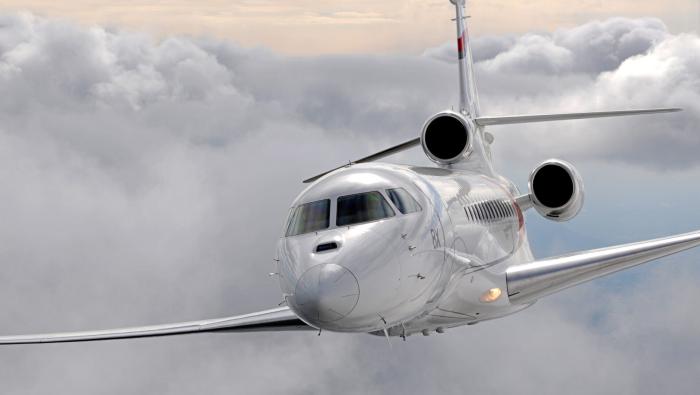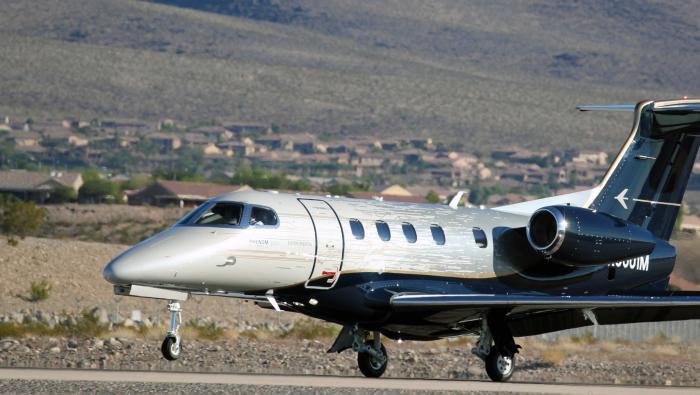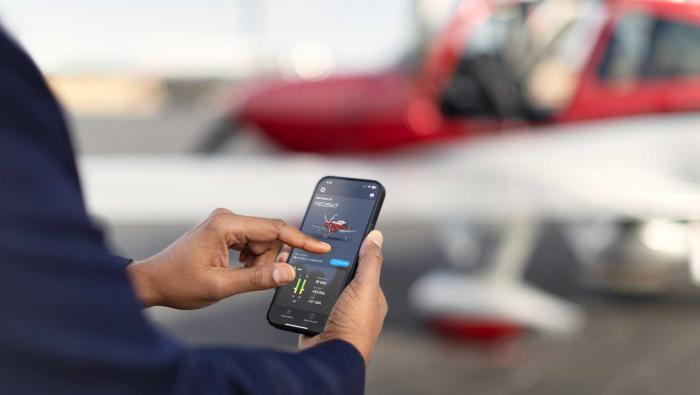In preparation for the formal acceptance by the Armée de l’Air (AdA) of the first production A400M, Airbus Military has been working hard with its customers and suppliers to put in place a comprehensive support and training program to facilitate the A400M’s entry into service. That package is being forged largely through experience with the first customer, France, so that it can be used as a model for application to following customers.
This past February France signed an 18-month customized support contract for the A400M. The initial period covers traditional integrated logistics and technical support, combined with customized features that will build ultimately into a full in-service support (FISS) package that covers all maintenance activities.
While Airbus Military can undertake servicing at all levels, in France the air force has elected to perform its own line maintenance, albeit with company support, because of the need to deploy away from the central base at Orléans. However, Airbus has established a subsidiary office at Orléans with around 25 personnel providing fleet management support and liaison with the Airbus ‘back office’ services such as technical support, MRO at the Sevilla plant, and spares ordering and distribution. Last month Airbus Military began building up the Orléans spares holding.
All current customers benefit from the jointly contracted integrated logistics support element of the launch contract and are examining further FISS elements. Turkey is currently finalizing its FISS contract, which was presented in March and is based closely on the French model. Line maintenance is to be conducted at Kayseri base, with an Airbus support office of around 10 personnel. The UK is expected to sign a FISS contract before the end of this year, and Germany has issued a request for proposals.
France and the UK are ultimately aiming for a joint servicing and spares contract, and it is possible that other European customers, such as Belgium, Germany, Luxembourg and Spain, will join to create cost savings through a common spares pool. However, Airbus Military recognizes that some nations, such as Turkey, may wish to maintain their own spares holding.
Training
Alongside the establishment of a servicing support network, Airbus Military is establishing a training network based on its international training center (ITC) at Sevilla, and national training centers (NTC) in the customer countries. Training of customer crews got under way on January 28 this year, and by the end of May 15 pilots, 10 loadmasters and 70 ground crew had been trained. While initial crews came from France, training has now started for Turkish, German and UK crews.
At the Sevilla ITC Airbus Military now has a full training suite, with the recent addition of its cargo hold trainer. The course is designed to minimize use of the aircraft, and proceeds from computer-based training, to flat-panel flight training devices and full flight simulators (FFS). Loadmasters are instructed on a loadmaster workstation trainer and the cargo hold trainer. The aircrew type rating course, typically lasting three months, is similar to that for an airliner, comprising four weeks in ground school and around 72 hours in the simulator (as a two-person crew) before check rides in the actual aircraft, for a total of 80 hours. For the initial crews the instruction has all been performed in the real aircraft, as the ITC’s FFS was not ready. It was scheduled to go ‘live’ just prior to the Paris show.
France’s NTC is nearing completion, and aims to be ready by September. A training service contract with the UK was signed in February covering the installation and operation of a UK training center at RAF Brize Norton, which is scheduled to begin operation next March. Both sites will have two FFSs, along with a suite of other aids, and both air forces will handle their own tactical training requirements. Airbus Military flight crew will be on hand to assist with initial operations. Germany has yet to confirm its requirements for the Wunstorf NTC, and an RFP is expected later this year.







